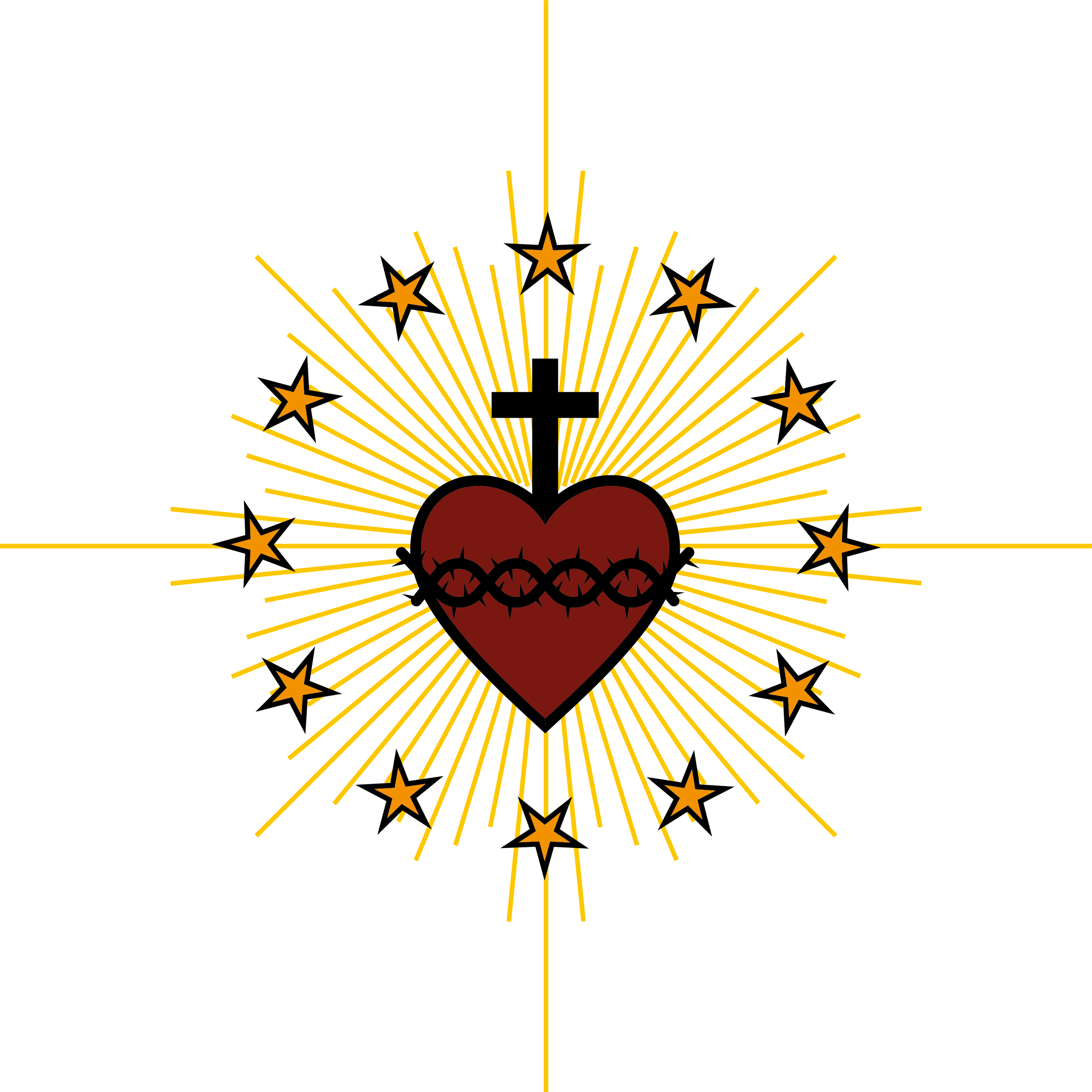Written by
Linus Ödell
Summary article: Genesis One – Summary
Our worldview
Ontology – the nature of existence or being. You and I both swim in a cultural river where it is painfully obvious to everyone that “to exist” is identical to having material properties discoverable by the senses. In other words, it’s an empirical, scientific ontology. Though it shouldn’t need saying, and though I’ve touched on this pervasive mindset and the effects it has on our hermeneutics in the previous article, it’s again worth emphasizing just how odd this is in the grand span of human history. It has gotten to the point where even the most hyper-spiritual Pentecostal, who spends their evenings shaking on the floor “drunk in the so-called-spirit”, is essentially a materialist with the one exception of God and demons etc. Just ask around you how many of your Christian friends believe in a metaphysic, versus how many are nominalists.
The ancients, devoid of the scientific method and any real way of investigating the sciences, either soft or hard ones, naturally would have had a completely different way of viewing the world, and importantly for our sake: creation. Think about it: If your definition of existence isn’t materialism, you will ask and answer much different questions than we expect from a text.
Genesis’ ontology
So how would we go about finding out what the actual ontology of the ancient Israelites was? After all, it is theoretically possible that they were materialists. Well, we could do an investigation into the broader world of the Ancient Near East which the Israelites lived in, after all they were real people who lived in a real world with real culture that played a real role in shaping the cognitive environment. Just like a Christian today buys into the materialism of the west, so an Israelite back then likely would have bought in to the same ontology as the world around them. Luckily, however, we don’t have to go prodding into obscure cuneiform or hieroglyphical texts dug out of the sand. We just need to take a quick look at the Biblical text:
Verse 1: Title
“When God began to create the heavens and the earth.”
בְּרֵאשִׁית בָּרָא אֱלֹהִים אֵת הַשָׁמַיִם וּאֵת הָאָרַץ
“Bere’shith bara’ ‘ælohim ‘eth-hashamayim wu’eth-ha’arats.”
Either a title or an introduction. The common phrasing of “In the beginning” is dubious. Due to the lack of a definite article on bere’shith, it’s a word in construct state. Therefore the literal translation is something along the lines of “The beginning of God created the heavens and the earth.” There is suggestion that perhaps the vocalization of ברא is wrong, but Hosea 1:2 shows that “When God began…” is still grammatically passable with the current vocalization.1 Either way this does not matter much, since in neither translation is anything actually created in verse one; The heavens (הַשָׁמַיִם/hashamayim) are created on day two (note that some translations translate this “sky” on day two, which is not a good reflection of the Hebrew), and dry land the name of which I simply translate “land” in my own translation, though which in Hebrew is the same word as in verse 1, (אָרַץ, ‘arets). Since nothing is therefore created in this verse, this means verse 2 must be the pre-creation condition since the next option for creation is found in verse 3, where God creates light. Only if we presuppose that a true creation account must start ex nihilo can we read verse 1 as stating this, which is the definition of eisegesis.2
So what is the precreation condition?
Verse 2: Before creation
–And the earth was desolate,
And the primordial ocean was in complete darkness,
And a breath of God hovered over the water;–
וְהָאָרֶץ הָיְתָה תֹהוּ וָבֹהוּ
וְחֹשֶׁךְ עַל־פְּנֵי תְהוֹם
וְרוּחַ אֱלֹהִים מְרַחֶפֶת עַל־פְּנֵי הַמָּֽיִם
Weha’aræts hayeta tohu wavohu
Weḥoshæk al-pene tehom
Weruaḥ ælohim meraḥæfæt al-pene hamayim
Notes on translation
I translate ‘Tohu and Bohu’ (תֹהוּ וָבֹהוּ/tohu wavohu) as ‘desolate’.3 Since bohu never appears without tohu, these two words focus as a hendiadys, two words that express a single idea. In this case: The lack of anything meaningful; no function, no purpose, no discernable anything useful. We have a word for something approaching this concept english: a blob. I decided on this translation (desolate) because it most appropriately gets across the fact of there being “nothing noteworthy”.
The literal translation of the second line is “And darkness was above the face of the primordial ocean”. I’ve rendered it slightly different to get across the mental image of everything being dark, not just above the waters.
It should be clear to anyone, I think, that a desolate earth covered in water and complete darkness is not the nihilo part of ex nihilo. It is basically a watery blob in complete darkness. This is pre-creation. Immediately this should alert us to the fact that Genesis 1 is not interested in telling us about the origin of matter. Instead, like most ancient narratives, it’s an account of ordering the cosmos.4 In other words, it’s telos (purpose) oriented. It tells us the metaphysics of what the earth is, not the physics. It tells us the story of the earth being the good place God wants to take up his rest in.
- Speiser, E. A. (2021). Genesis. Yale University Press ; Bloomsbury Publishing. (Original work written 1964) ↩︎
- That is, reading your own view into the text. ↩︎
- See: Walton, J. H. (2011). Genesis 1 as ancient cosmology (pp. 24–28). Eisenbrauns, for a deeper dive into the meaning of the words. ↩︎
- Ibid, (p. 28). See also: Levenson, J. D. (1994). Creation and the persistence of evil: The Jewish drama of divine omnipotence (pp. 10–13 ). Princeton University Press. ↩︎



